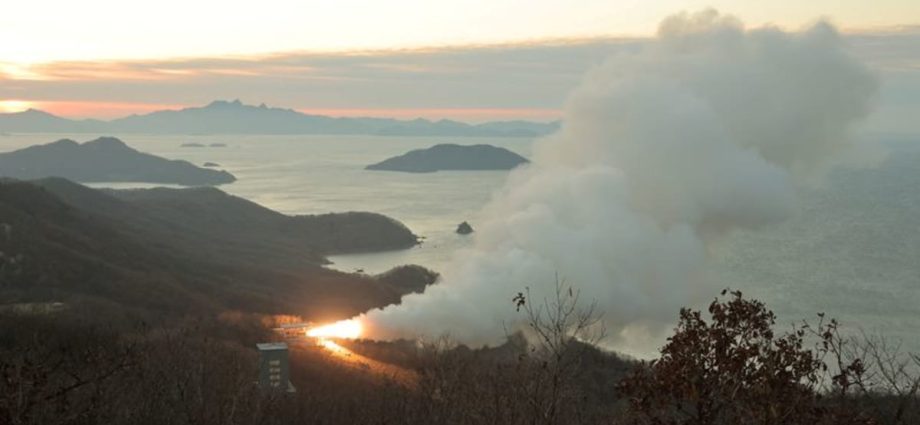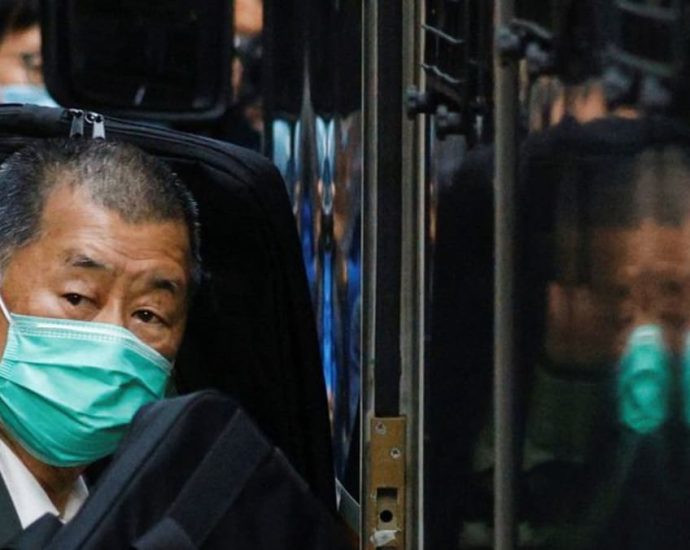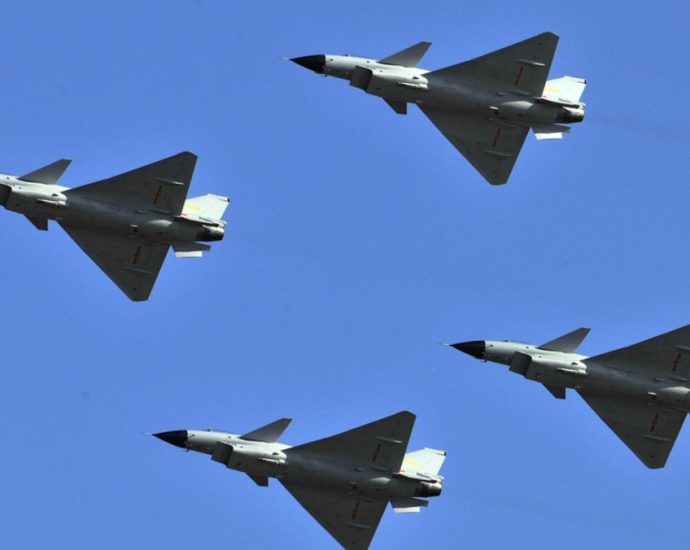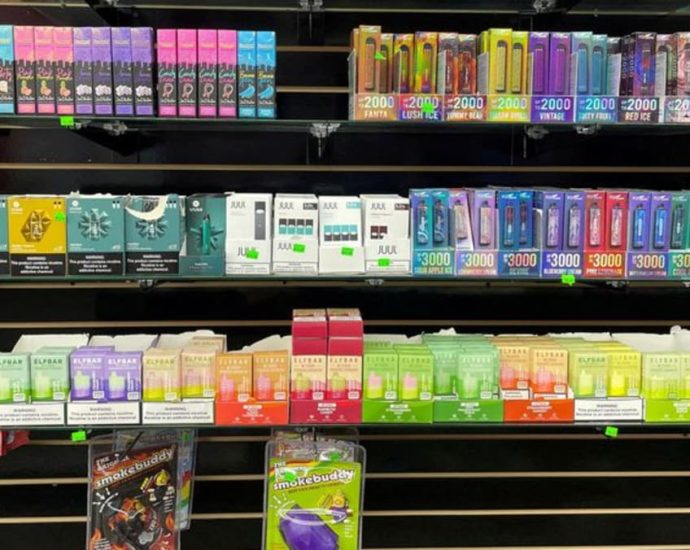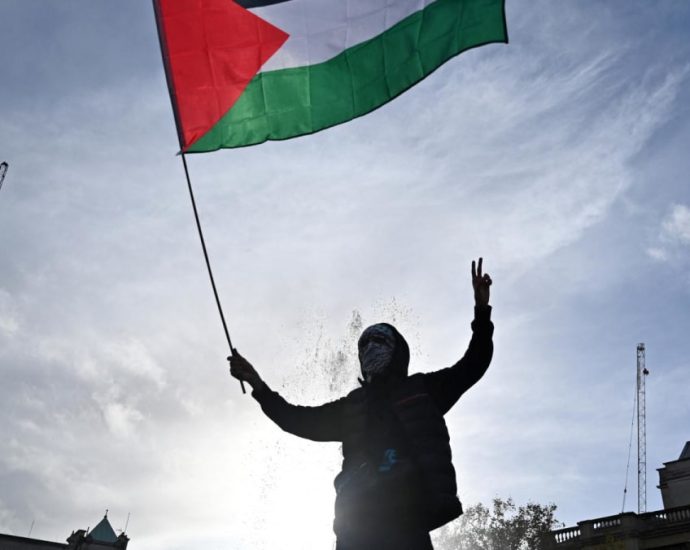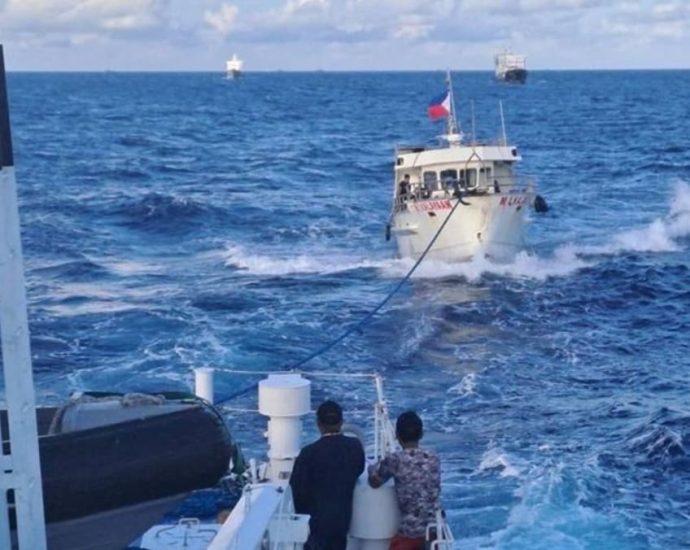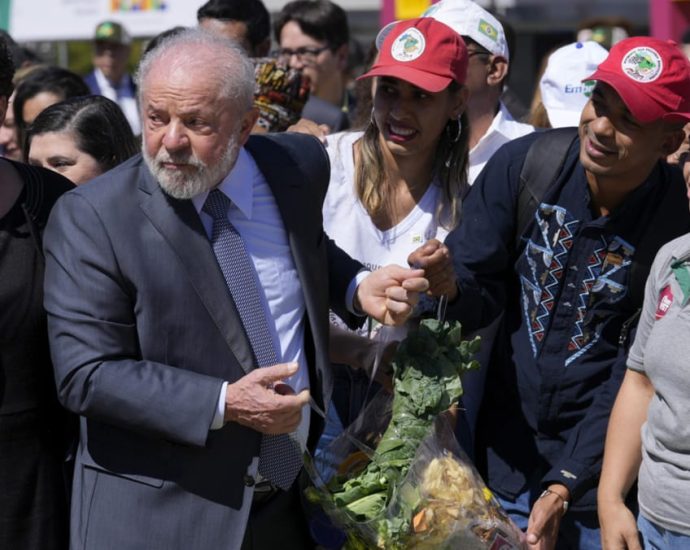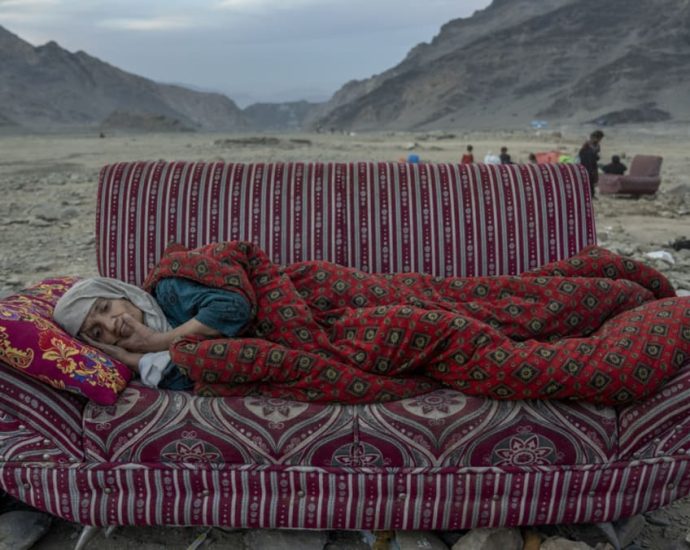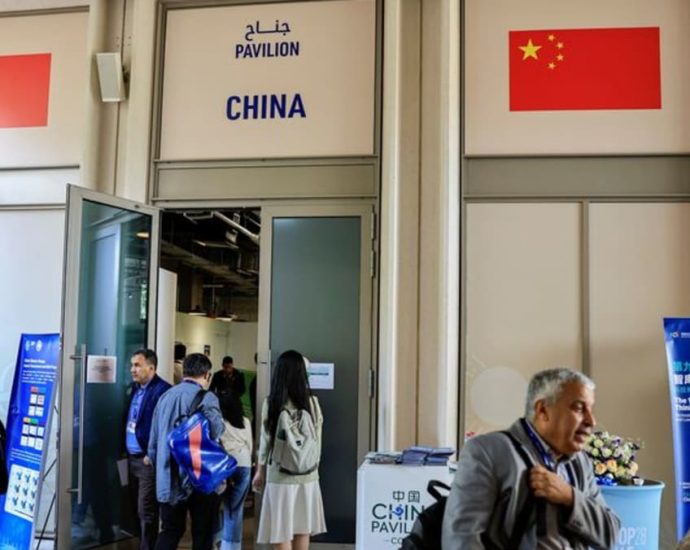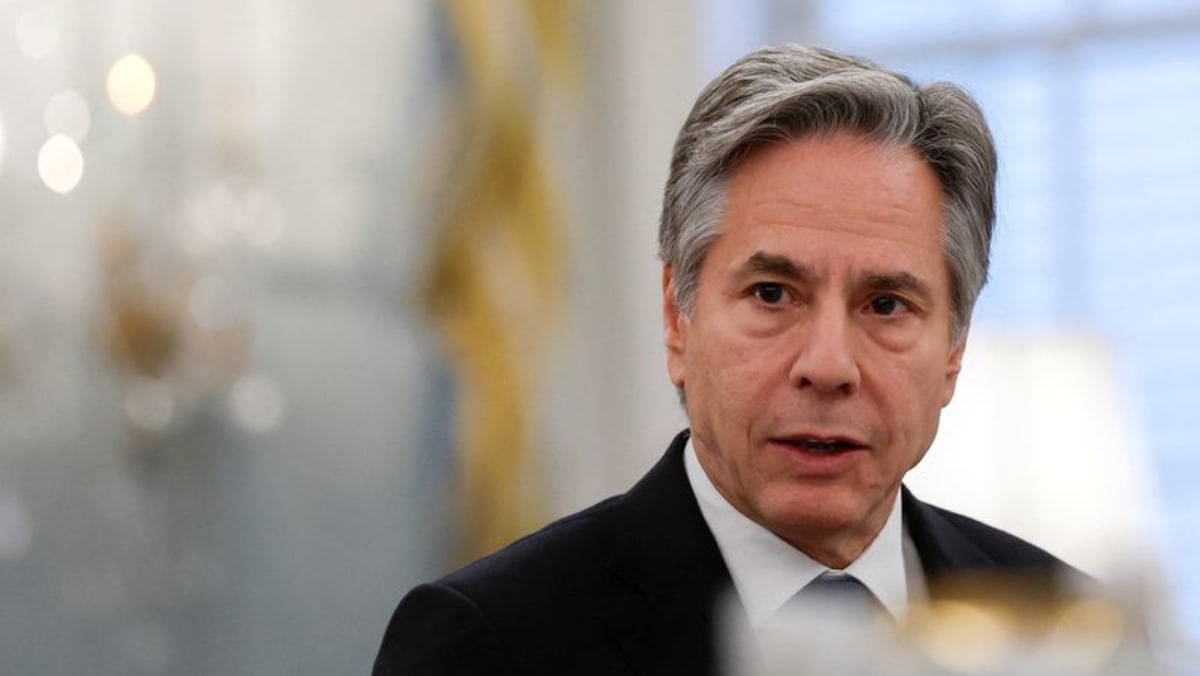South Korea, US, Japan begin sharing real-time data on North Korean missiles
SEOUL: South Korea, the United States and Japan on Tuesday (Dec 19) activated a system to share real-time data on North Korean missile launches, Seoul’s defence ministry said, as the three countries seek to bolster security cooperation against the nuclear-armed North. The announcement came a day after Pyongyang conducted itsContinue Reading

